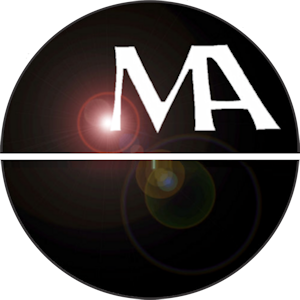ION DEACONESCU
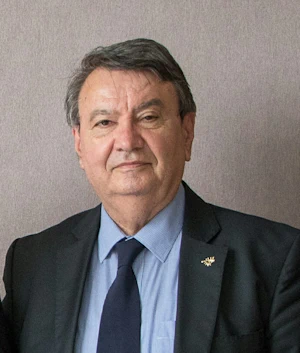
The prestigious Gjenima Prize for Literature has been awarded to Ion Deaconescu, a distinguished Romanian author, educator, and cultural diplomat, in recognition of his exceptional contributions to literature and scholarship and his lifelong dedication to promoting the arts.
The award ceremony took place in November at the historic Art Museum in Craiova, with speakers including Mihai Firica, president of the Oltenia Branch of the Union of Romanian Writers; Lucian Dindirica, deputy mayor of Craiova and director of the Museum of the Book and Romanian Exile; and Dan Ionescu, a professor and producer of cultural programs at Romanian Television.
The Gjenima Prize, established in 2004, is awarded as an “expression of thanks to the majestic spirit of the written word in the interest of the human race.” The internationally oriented prize recognizes the creator of an important body of literary work or a single major literary achievement that has played, or has the potential to play, a beneficial role in current history.
In his award presentation speech, Gjenima Prize committee co-chair Gjekë Marinaj emphasized Deaconescu’s significant contributions to worldwide recognition for Romanian literature, including the work of both contemporary and earlier foundational writers for Romanian literary traditions, such as the nineteenth-century poet Mihai Eminescu.
“Ion Deaconescu is profoundly deserving of a distinguished accolade for his exceptional contributions to enhancing Romania’s literary reputation on the global stage,” Marinaj said. “His pivotal role in elevating Mihai Eminescu’s legacy to international prominence, particularly through the Eminescu International Academy and its significant literary initiatives, warrants the highest recognition.”
Marinaj also acknowledged Deaconescu’s dedication as an instructor, noting that he has “not only guided students in comprehending and applying literature to life but has also instilled in them a deep love for the literary arts—qualities that distinguish an extraordinary educator from a merely competent one.”
Born in 1947 in Târgu Logrești in the Oltenia region of southwestern Romania, Deaconescu graduated from the Faculty of Arts at Bucharest University and earned his PhD in Linguistics and Foreign Literature. After years of inspiring students with his passion for literature and the arts, his academic journey led him to Craiova University, where he transitioned from the field of rhetoric to political communication, extending his influence into a broader cultural landscape.
Deaconescu’s literary oeuvre is extensive, comprising analytical studies, theoretical essays, and reviews published in various countries and translated into several languages. His work reflects a profound understanding of the intricacies of language and its power to shape thought and culture. His interests encompass political discourse, international relations, and the socio-cultural history of politics, with a focus on the intersections of literature, culture, and communication within these domains.
In his acceptance speech, Deaconescu underscored his belief in the transformative power of literature and the arts: “Today, when reality has become the expression of an incomprehensible fatigue, of indifference, of renunciation of love and memories, we naturally ask ourselves: what can still be done? By reading and loving as if we were afflicted by a serious malady, one of emotion and beauty.”
The Gjenima Prize recognizes Deaconescu’s writing as well as his essential role in promoting Romanian literature internationally. The Mihai Eminescu World Poetry Festival, which he founded, has become a significant cultural event, attracting renowned writers and poets from around the world to Craiova. This festival has not only showcased the beauty of Romanian poetry but has also fostered international connections among writers, bridging cultural divides and promoting a spirit of solidarity.
During the ceremony, Mihai Firica praised Deaconescu’s supportive influence, saying, “This important international award belongs to us, Romanian writers and writers from all over the world.” Lucian Dindirica echoed this acclaim, noting that “Ion Deaconescu is the man who gives you wings to fly beyond the horizon, through your own work.”
Deaconescu’s literary achievements have affirmed his status as one of Romania’s most respected literary figures. His work has been recognized not only for its artistic merit but also for its role in promoting cultural understanding and dialogue. As Dan Ionescu remarked, “With a meditative and original style, Ion Deaconescu’s work is appreciated all over the world, as evidenced by the numerous awards he has received.”
The Gjenima Prize honors writers who embody independence, bravery, and generosity in their work. Recipients’ writing transcends national boundaries and speaks to the universal human experience. Deaconescu’s contributions exemplify this ethos, reflecting the broader challenges of our time. His focus on the analysis of political language highlights the manipulation and affirmation inherent in political discourse, an increasingly relevant topic in today’s polarized environments. His literary studies complement his political and cultural research, highlighting the interconnectedness of literature, identity, and political rhetoric.
While Deaconescu has concentrated on Eastern European cultural studies, illuminating the complexities of identity and nationalism in a region marked by historical conflict and change, his research on globalization and national identity addresses the tensions between local cultures and global influences, a significant issue in contemporary discourse. His anthologies and analyses of contemporary European poetry not only celebrate literary expression but also explore how literature reflects societal values and conflicts. His engagement with prominent literary figures, such as Romanian philosopher Emil Cioran, further enriches our understanding of existential themes and the human condition.
In his acceptance speech, Deaconescu expressed gratitude for the recognition, emphasizing that the Gjenima Prize is not only a personal honor but also a celebration of the collective spirit of poetry and culture. He invited all present to “love poetry, culture, the arts, peace, and freedom, for they come from our soul, from our breath, and from our blood.”
Deaconescu’s influence extends beyond his literary work; he has played a crucial role in shaping the cultural landscape of Romania through his editorial responsibilities and participation in international literary forums. As a member of various literary and cultural organizations, he has worked tirelessly to promote the arts and advocate for the importance of literature in society.
The Gjenima Prize for Literature is a testament to Deaconescu’s enduring impact on the literary world. It honors not only his body of work but also his dedication to fostering a vibrant literary community in Romania and beyond. As he continues to inspire future generations of writers and scholars, his legacy is sure to endure, carrying a reminder of literature’s power to transcend boundaries and foster connections across cultures.
In celebrating Ion Deaconescu’s achievements and legacy, we might recall his own words from his acceptance speech: “As long as the sky exists, there is hope that a bird will fly freely and without obstacles—the bird of the poet’s words.” This vision of freedom and creativity encapsulates the spirit of the Gjenima Prize and the responsibility of literature to uplift humanity.
Video(s)
Photos
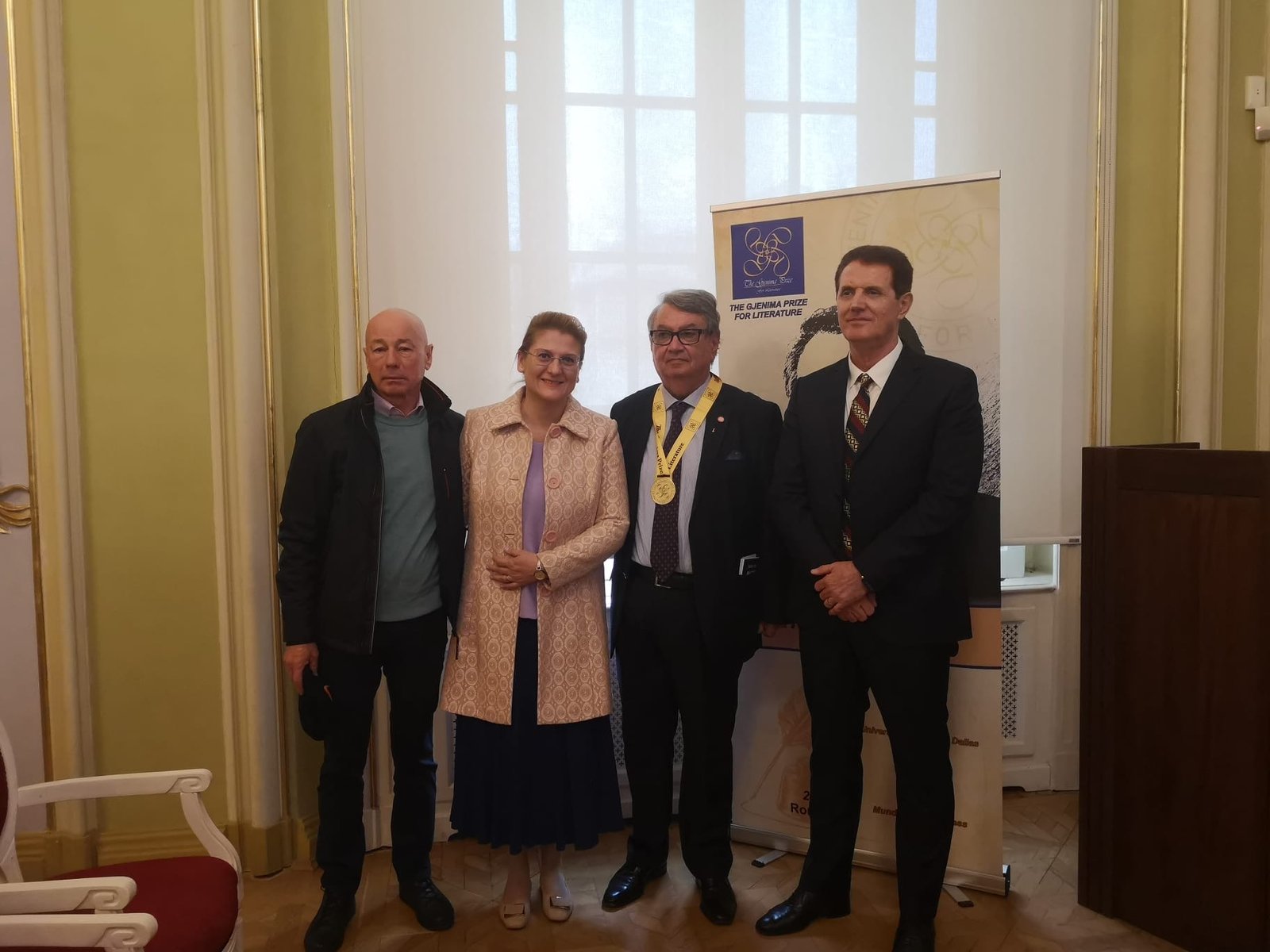 |
 |
 |
 |
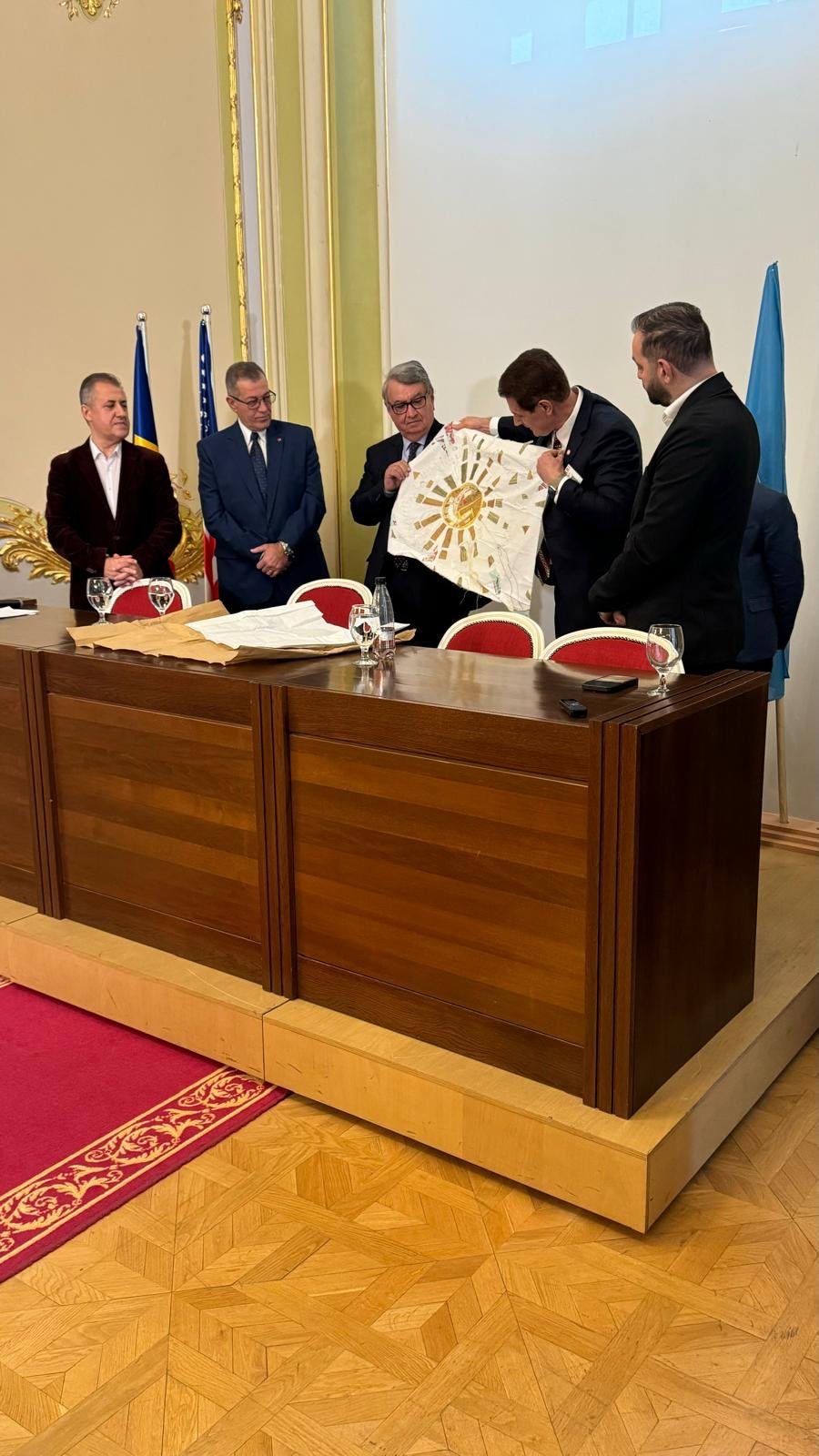 |
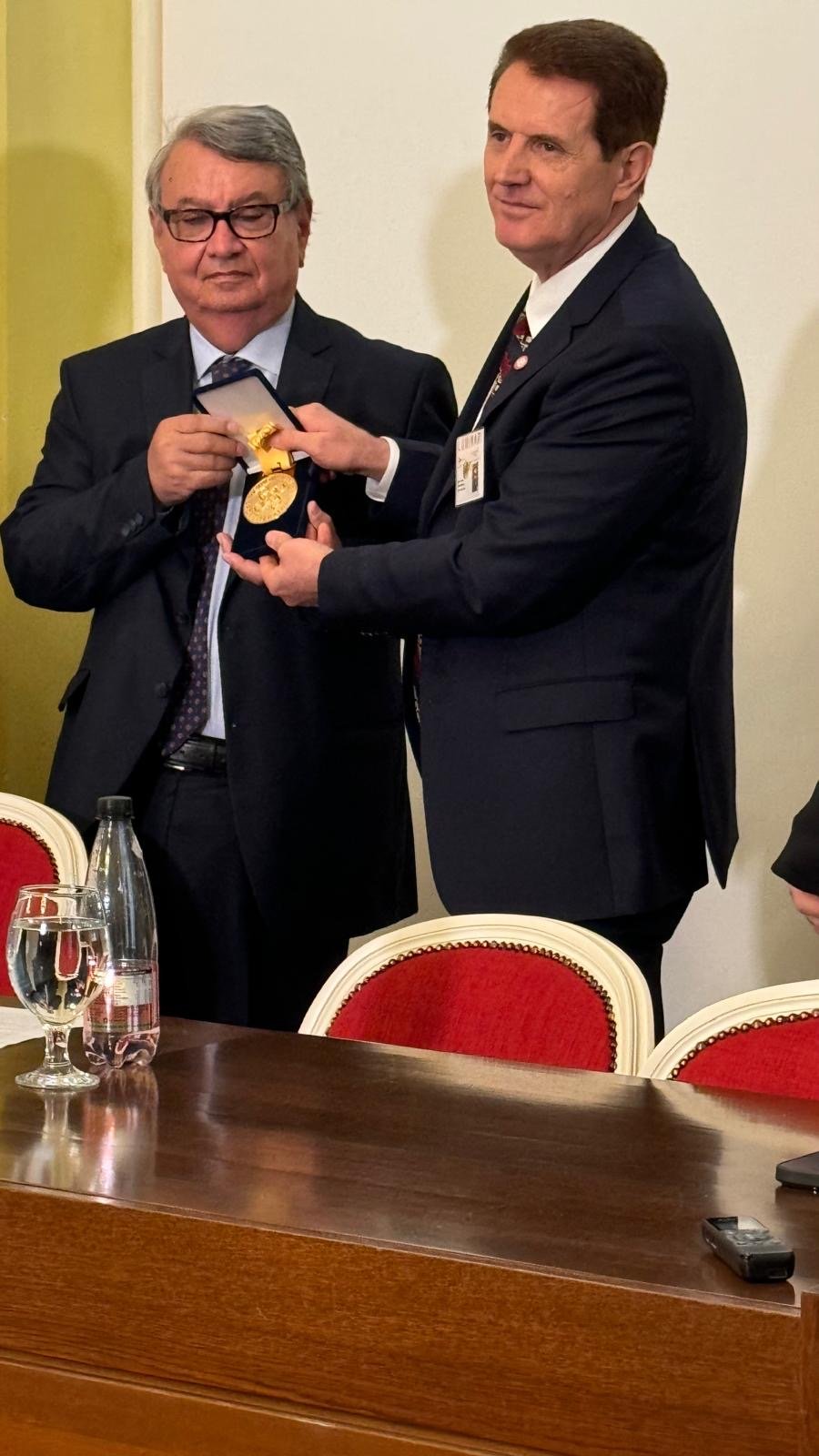 |
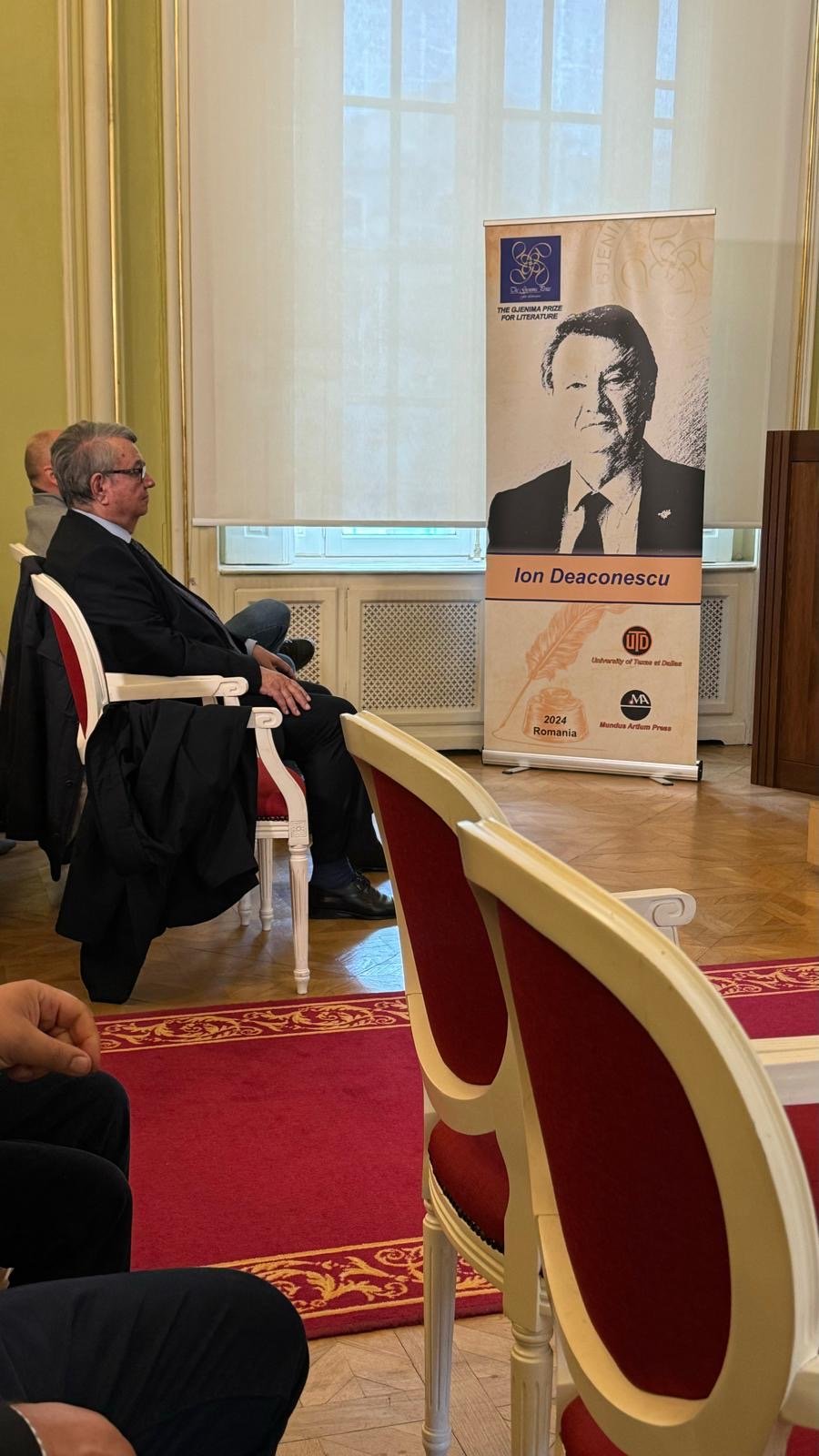 |
 |
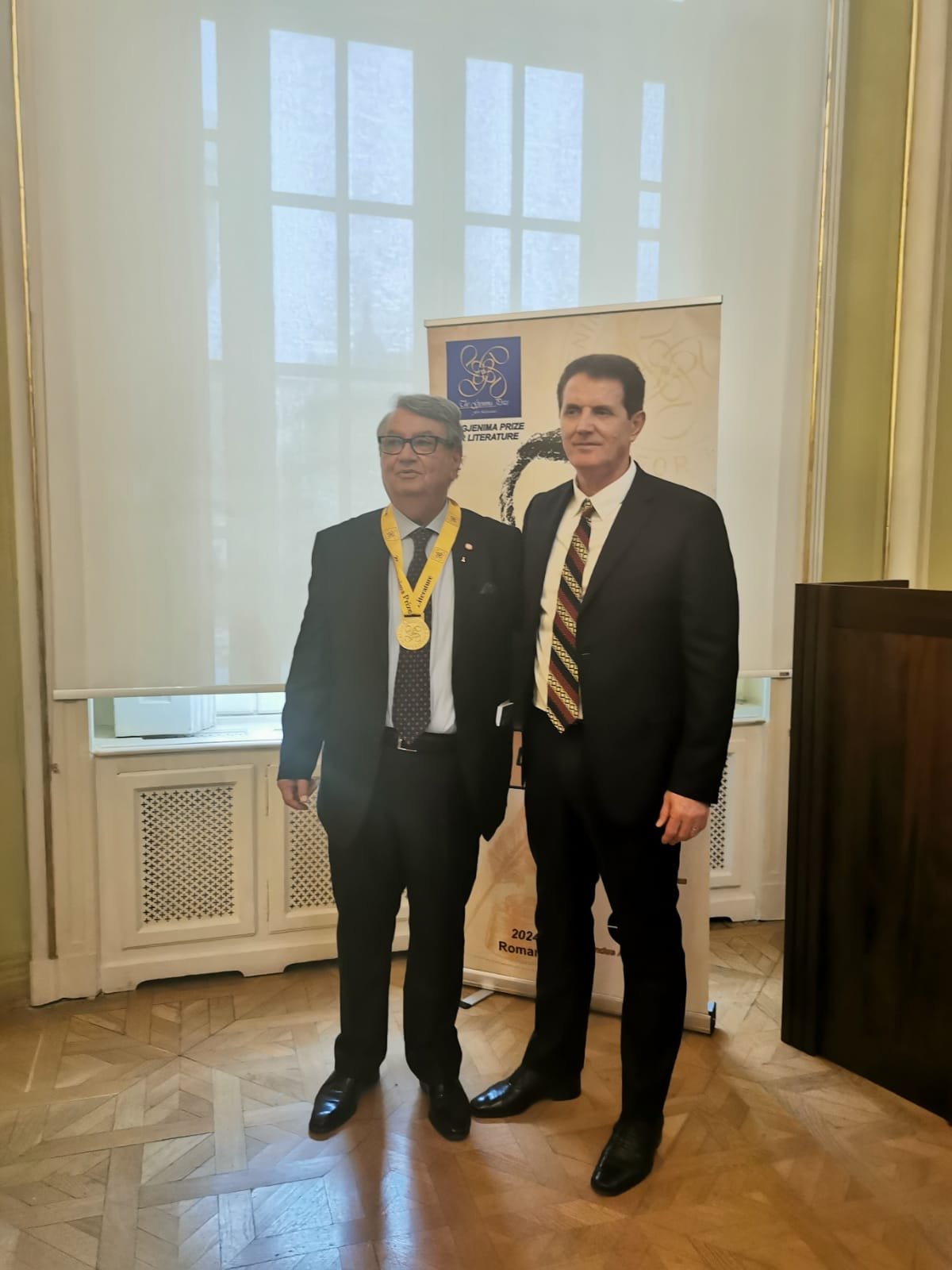 |
 |
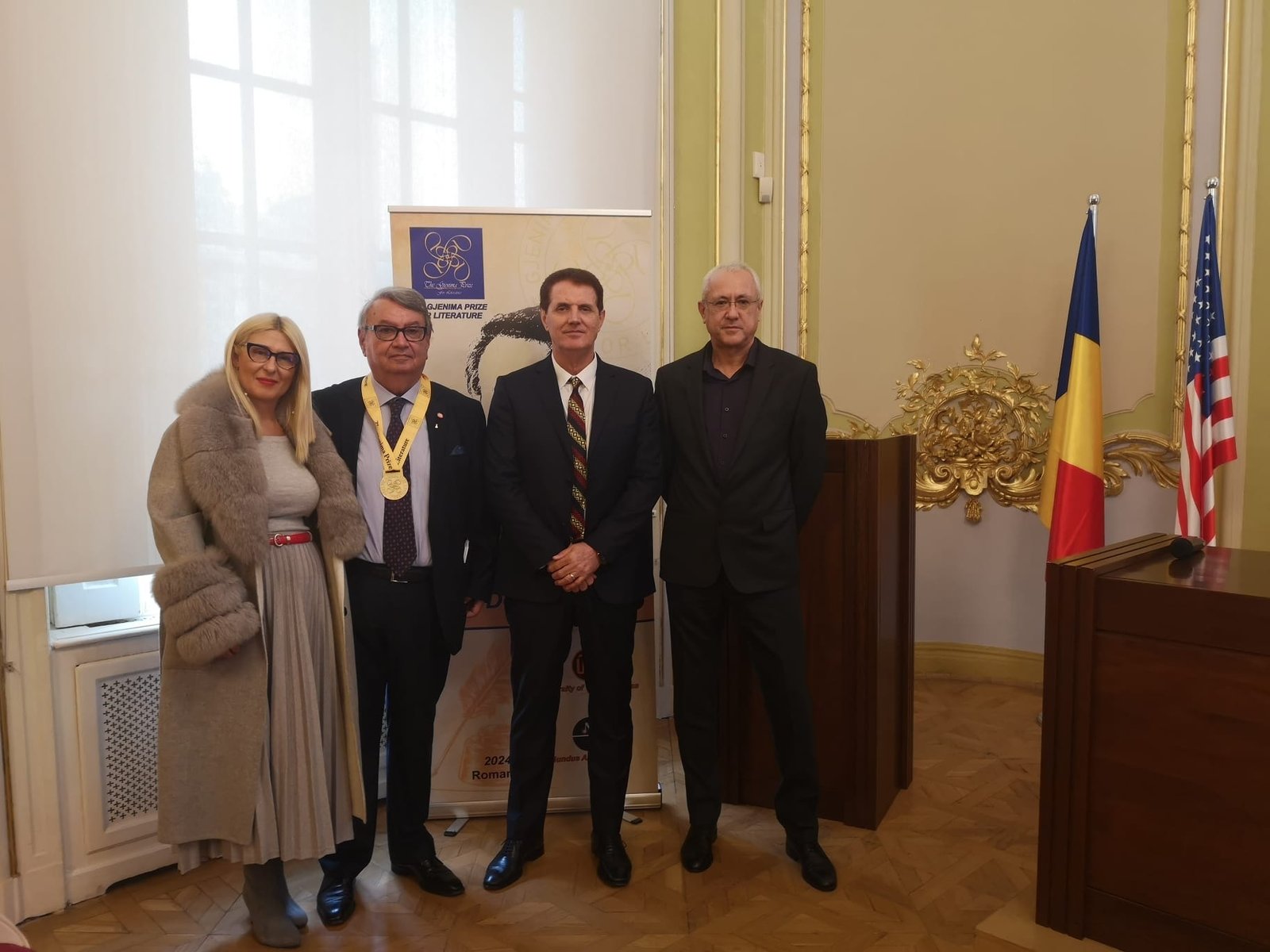 |
 |
 |
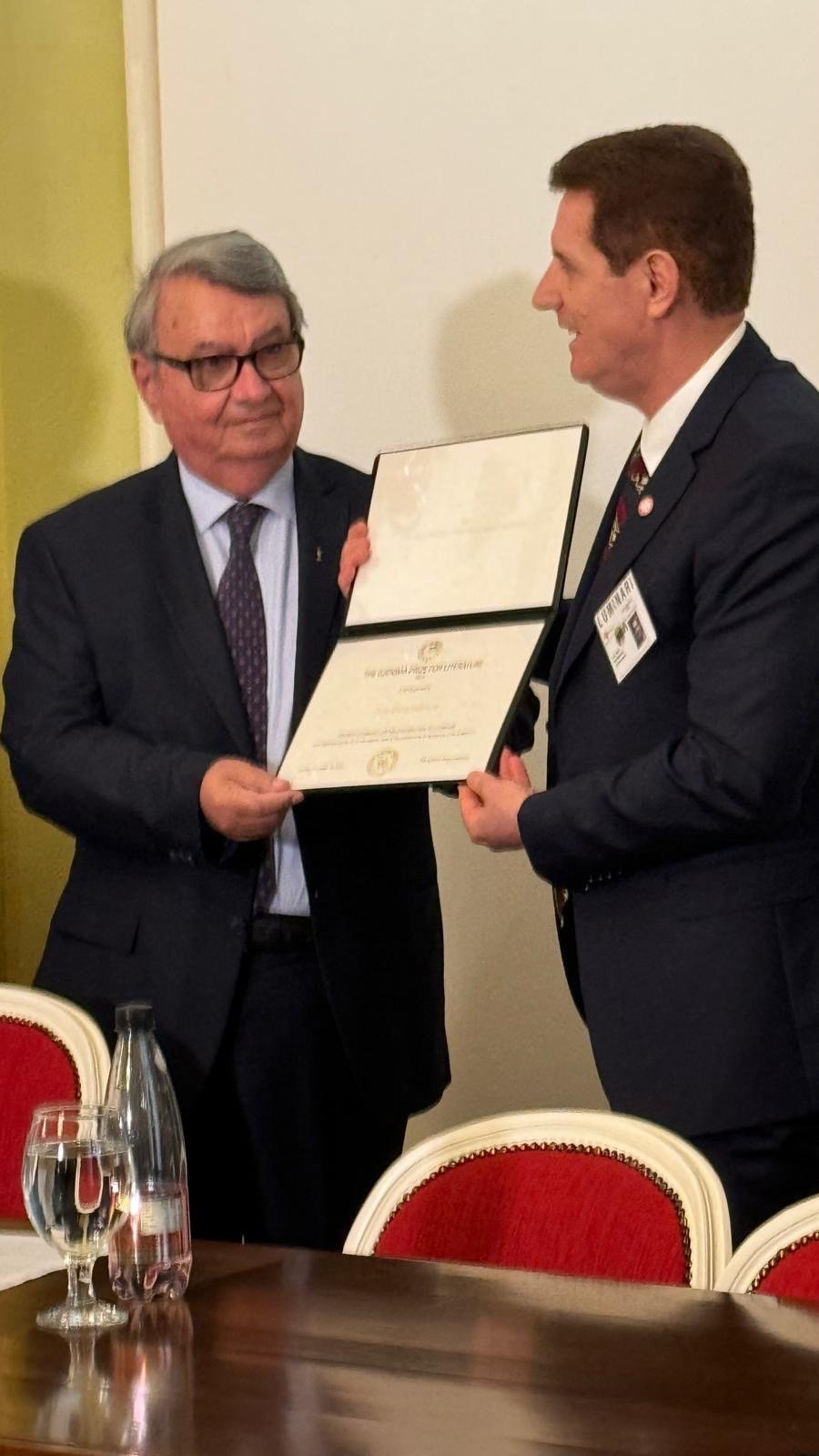 |
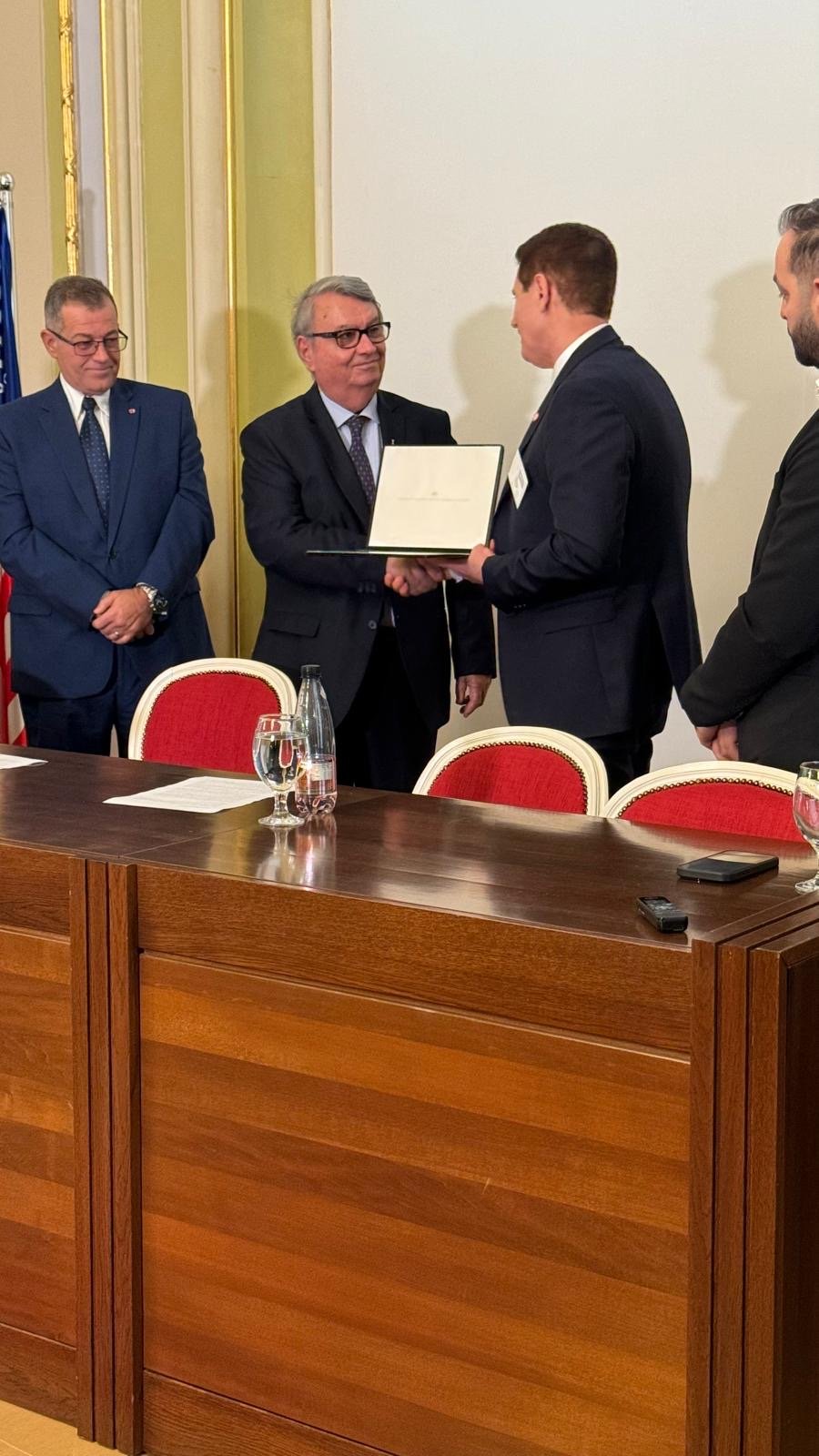 |
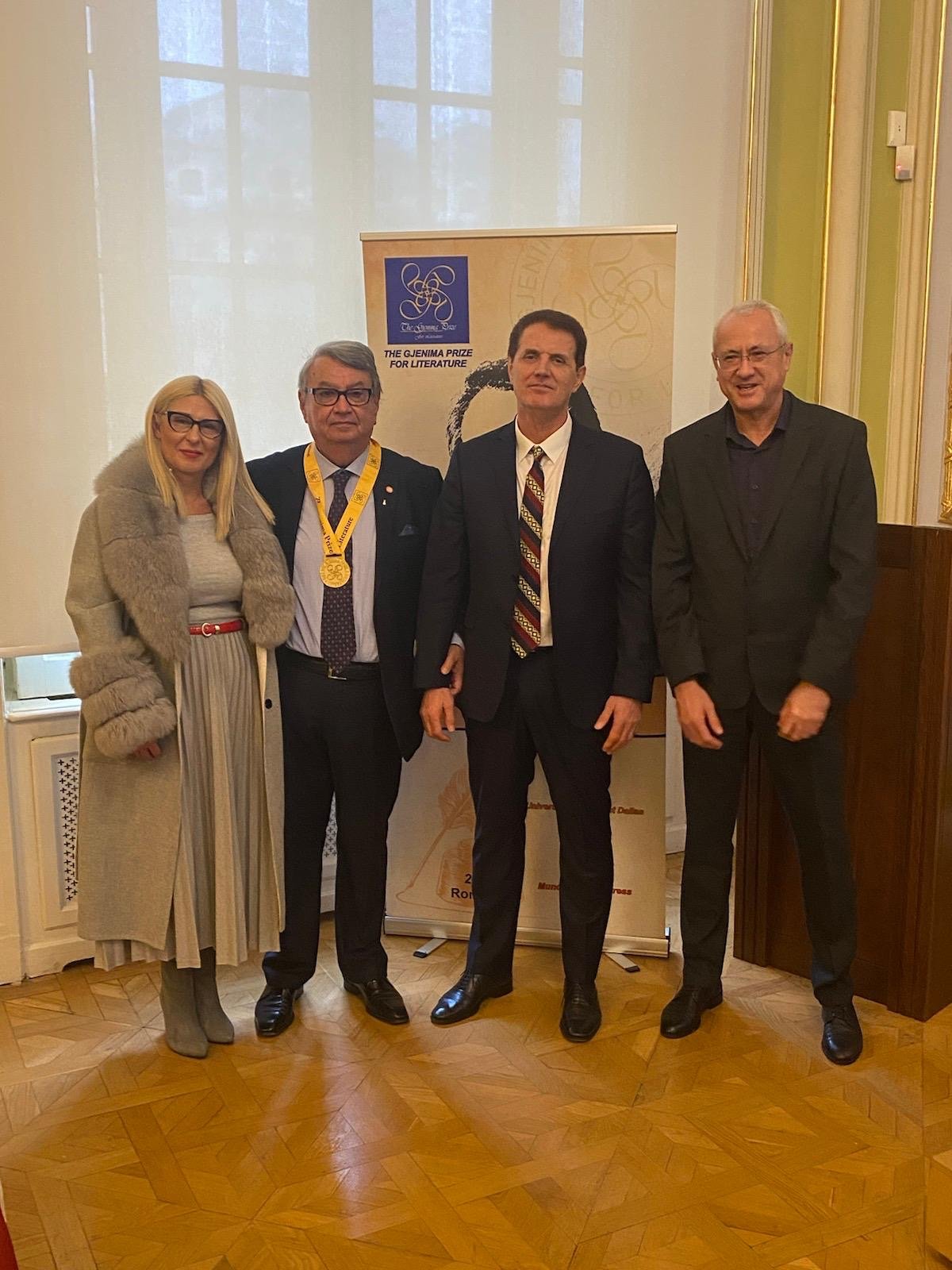 |
 |
 |
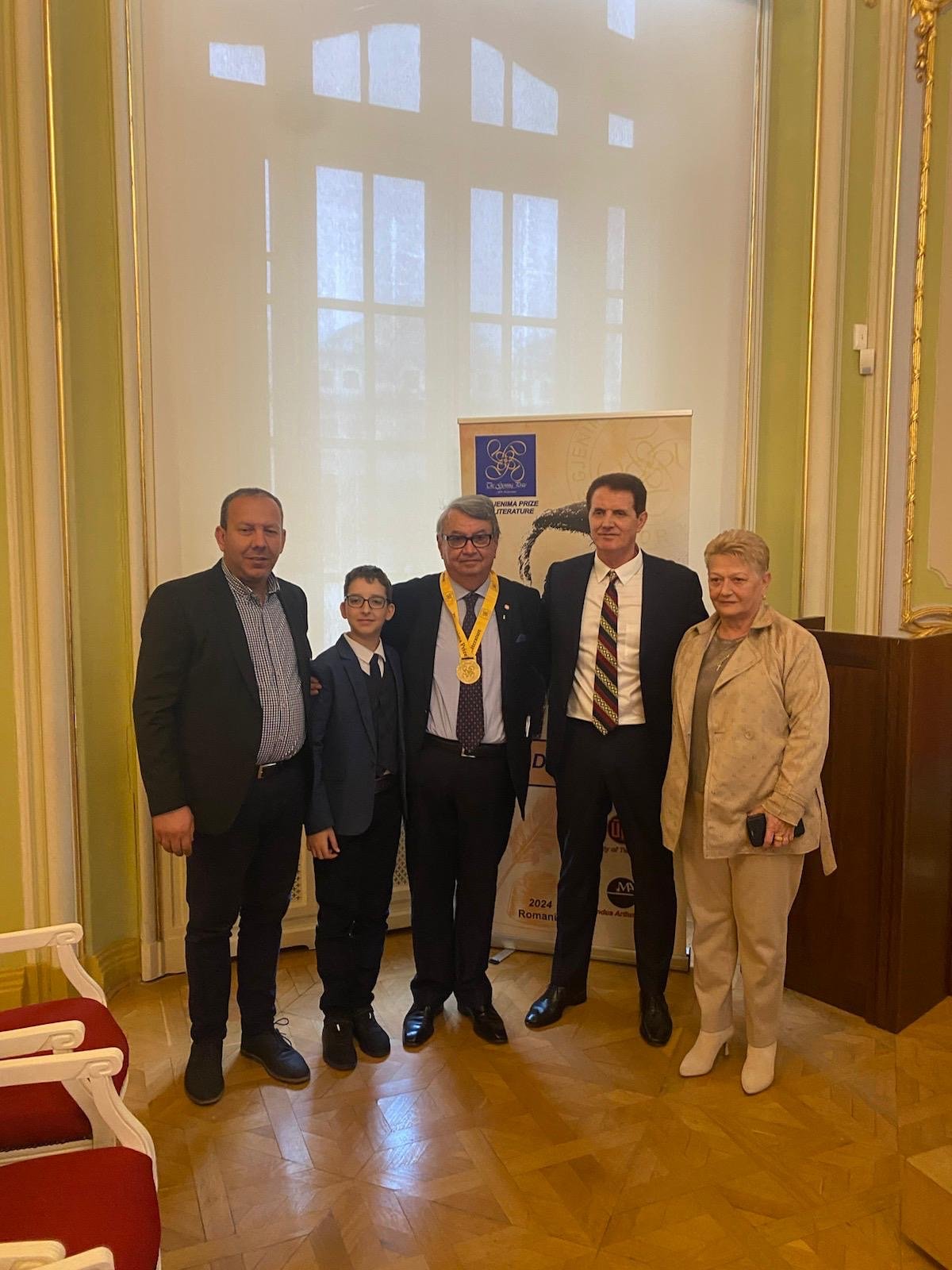 |
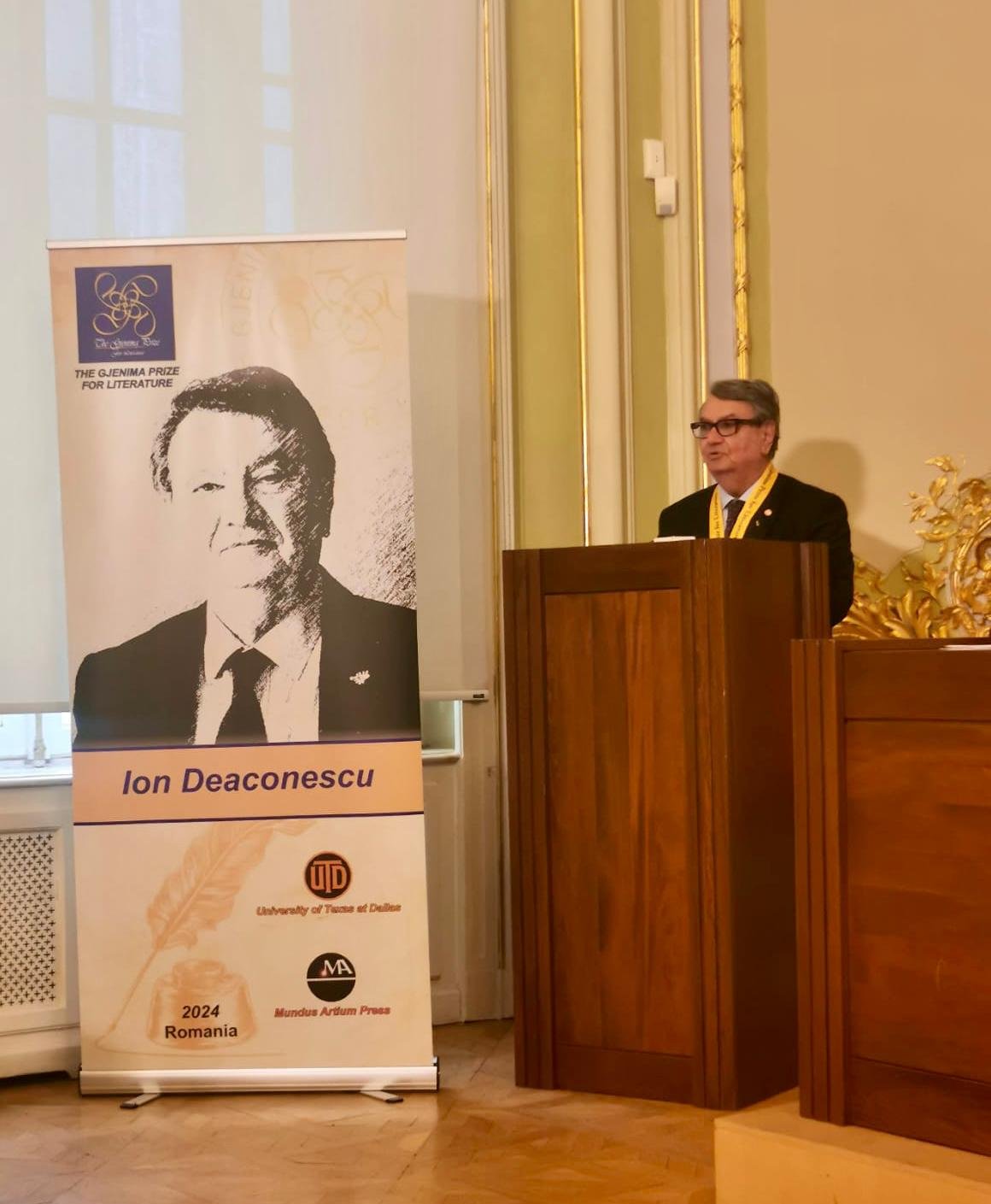 |
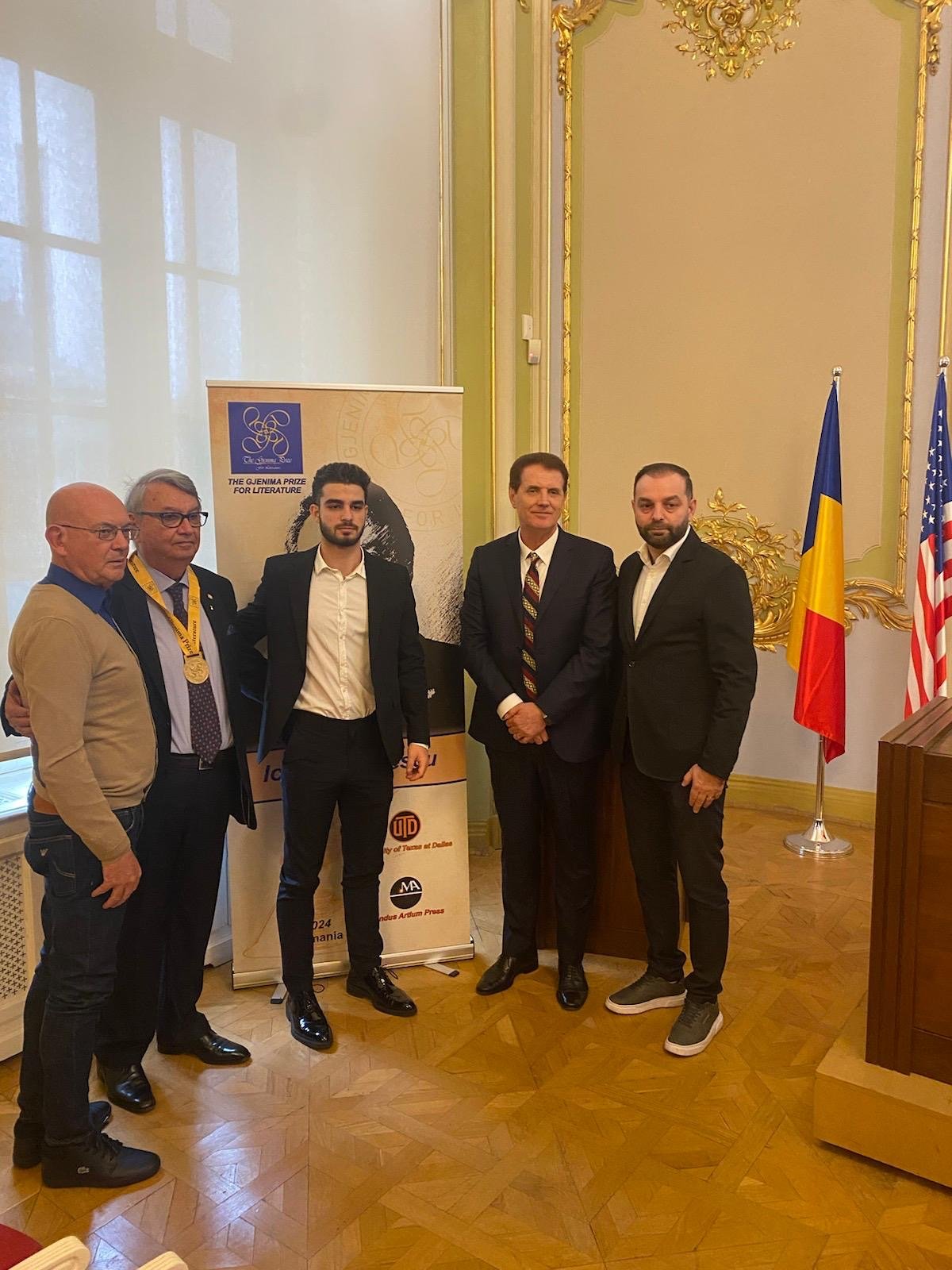 |
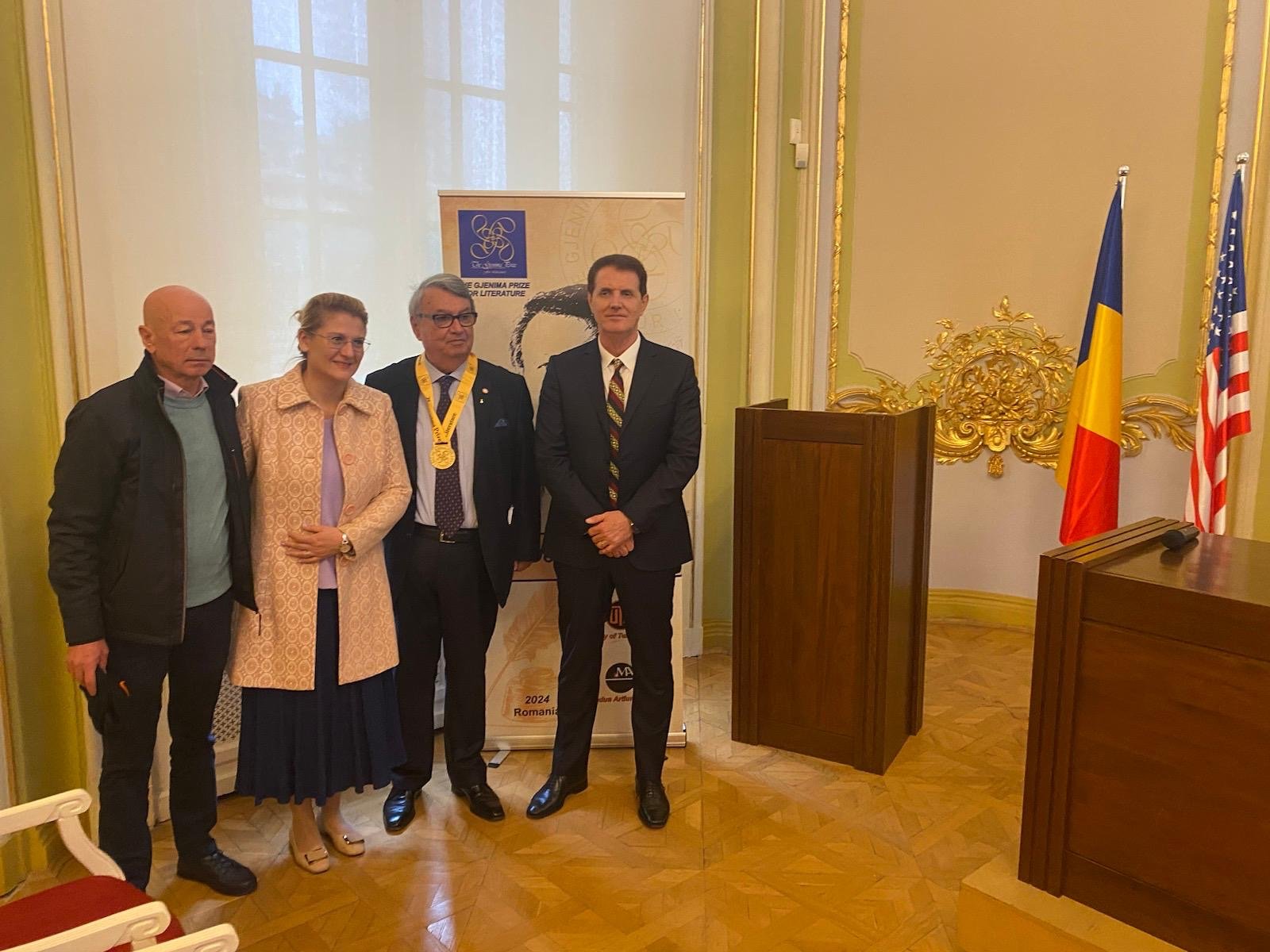 |
 |
 |
 |
 |
 |
 |
 |
 |
